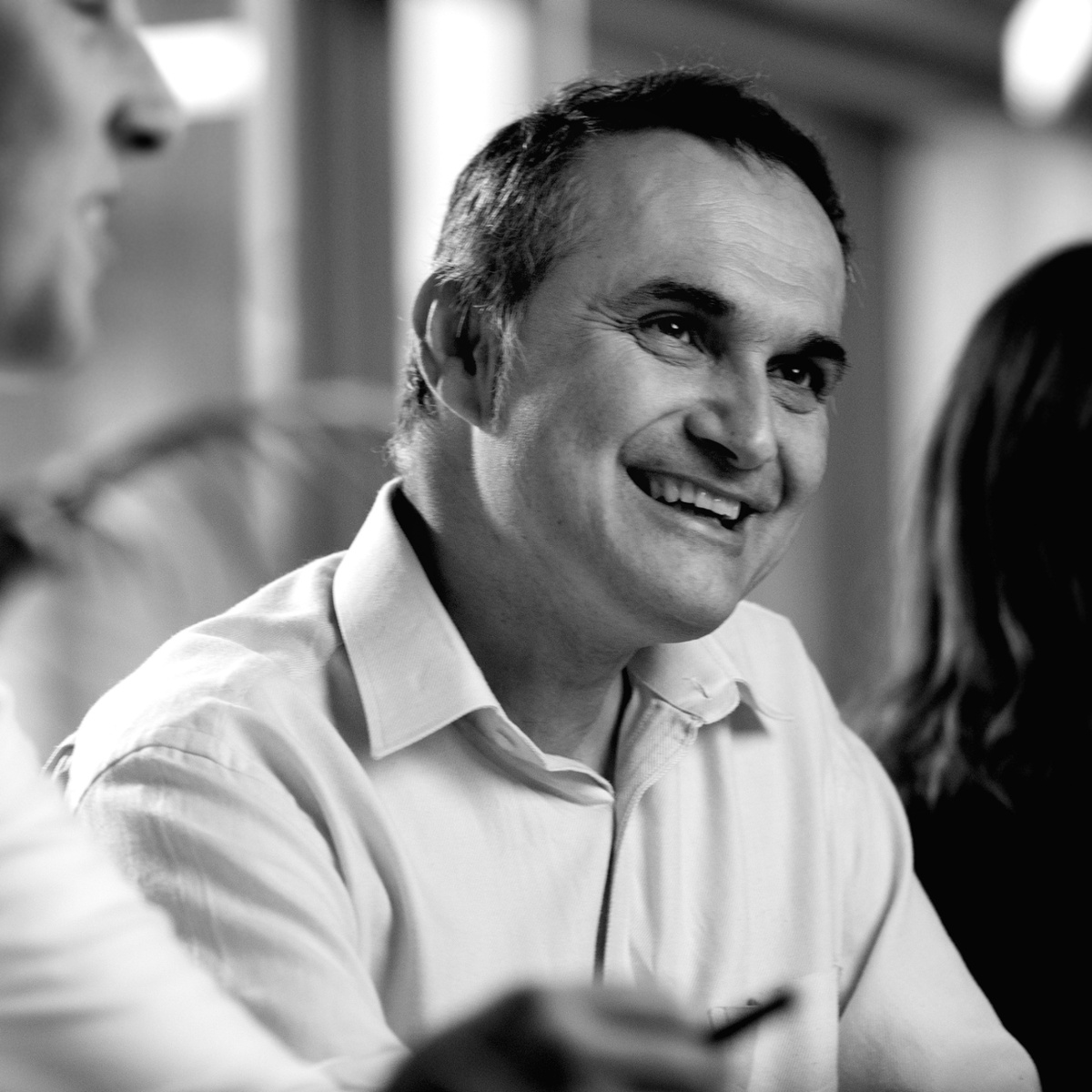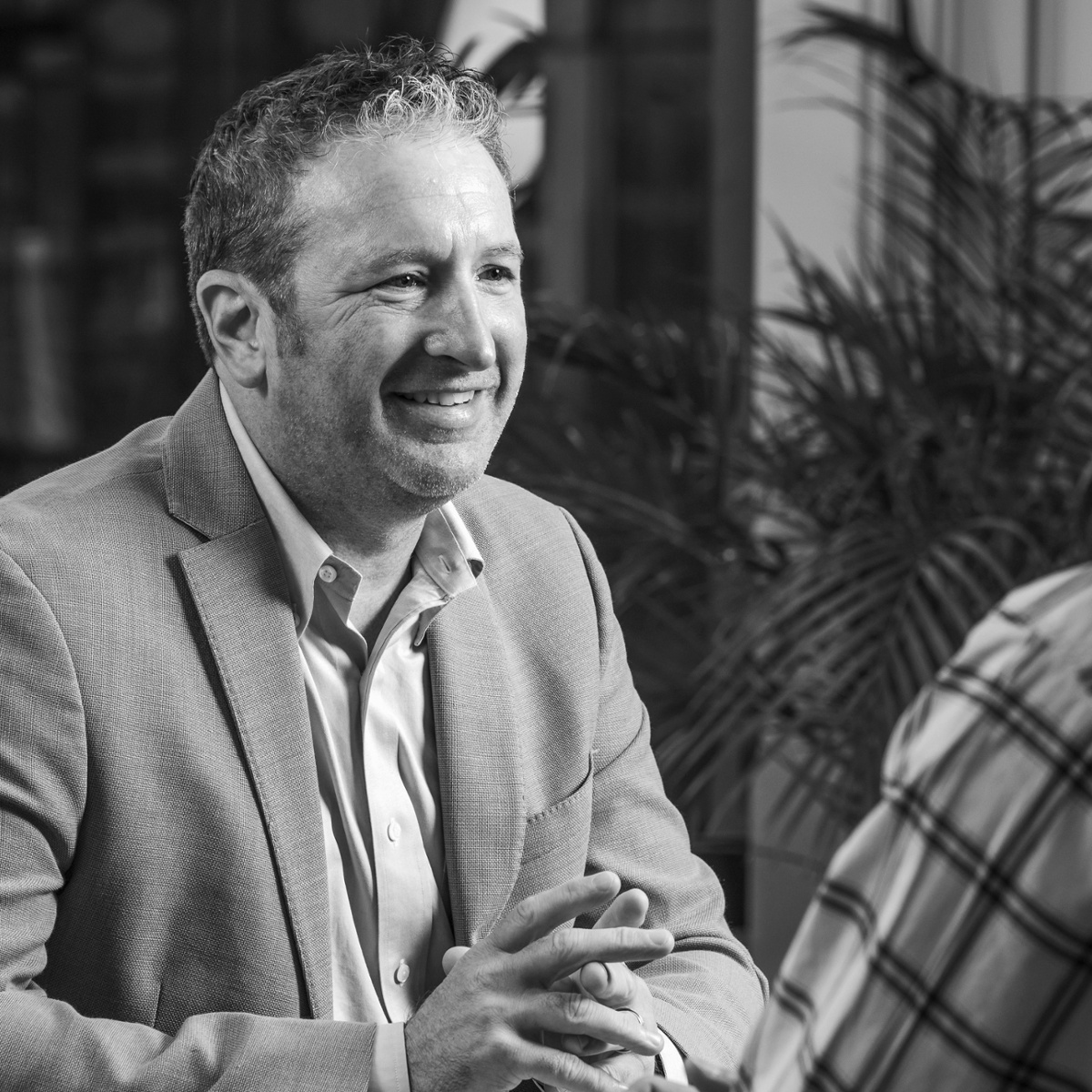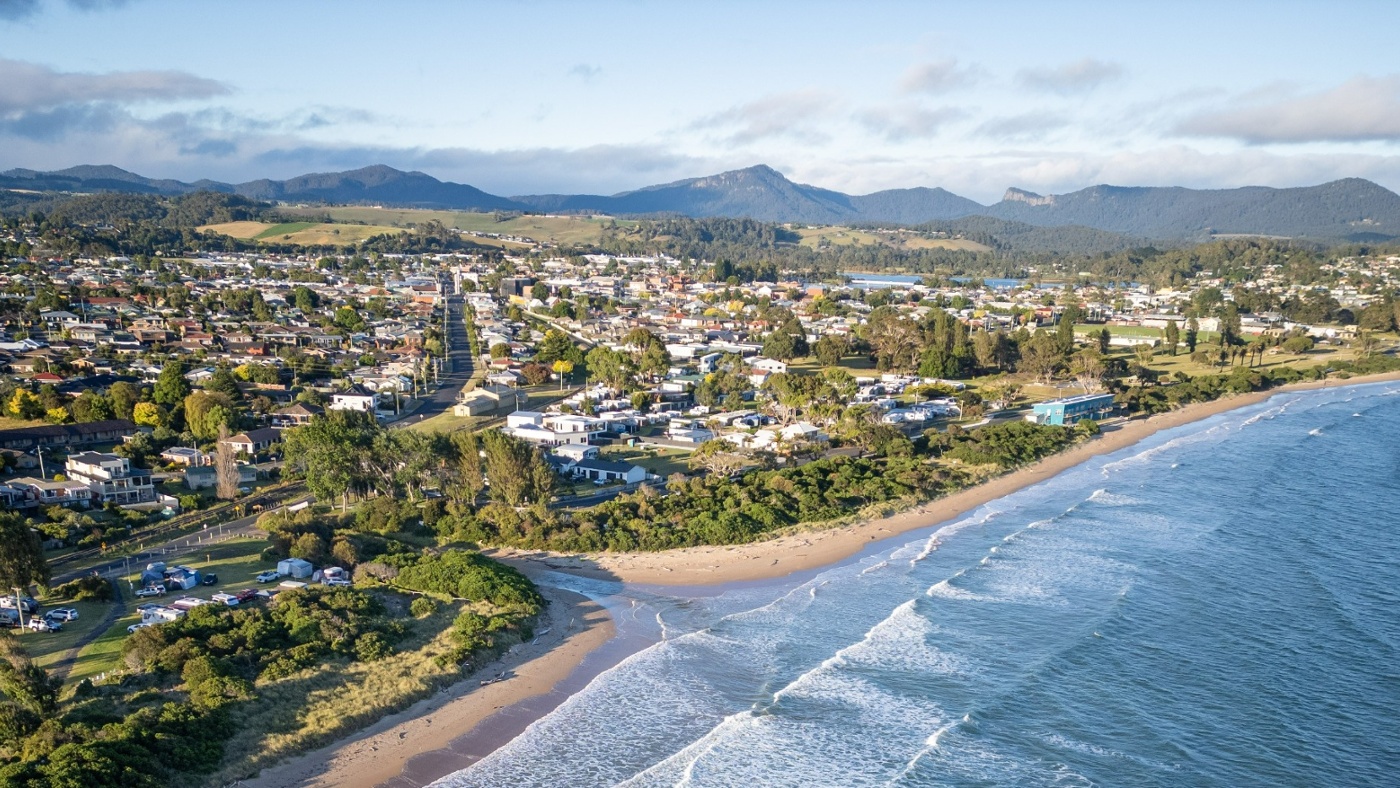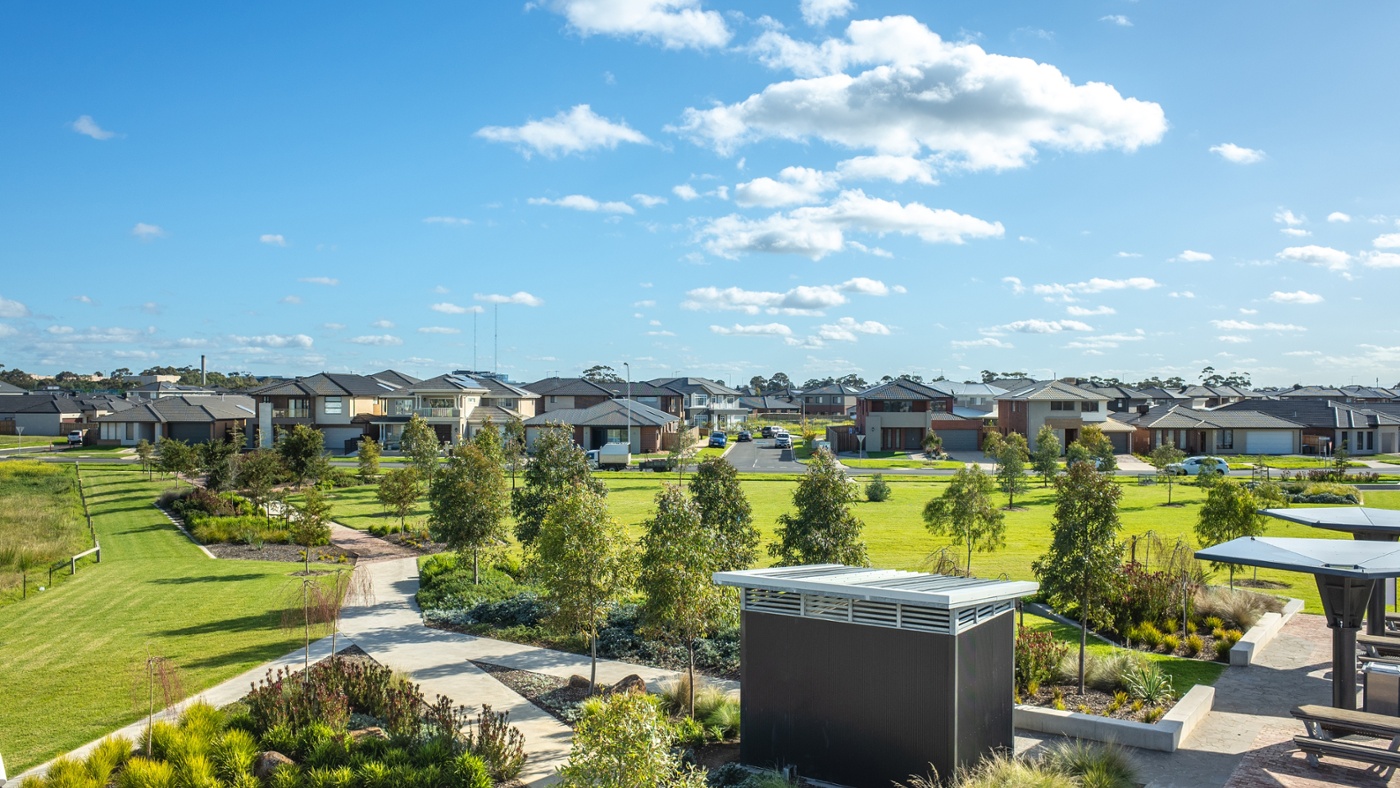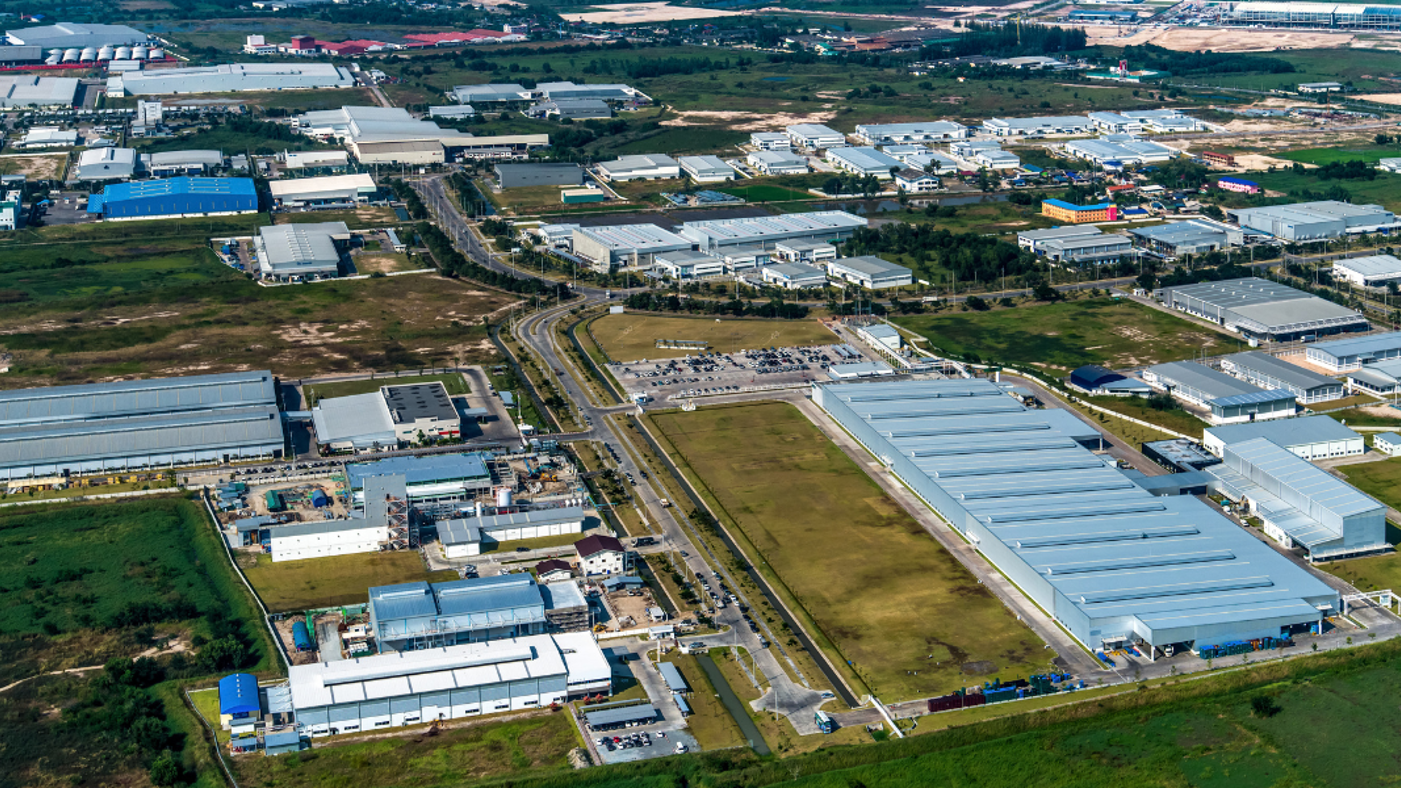Australia's renewable energy transition is accelerating, driven by major state commitments to solar, wind, and battery projects. These developments offer sustainable growth opportunities but demand strong economic strategies, community engagement, and expert planning. Ethos Urban leverages its expertise to ensure projects deliver lasting social, economic, and environmental benefits.
The shift toward renewable energy in Australia is gaining unprecedented momentum, with state governments in Queensland, Victoria, and New South Wales making significant commitments to solar, battery, and wind energy infrastructure. These commitments signal a transformative period for the energy sector, providing immense opportunities for investment and innovation while underscoring the importance of urban planning, economics, and social strategy and stakeholder engagement to achieve long-term success.
State Commitments Driving Change
In New South Wales, the government recently announced ambitious plans to expand solar and battery energy systems as part of its roadmap to achieving net zero emissions. These initiatives aim to bolster grid stability, support energy reliability, and accelerate the state's transition from fossil fuels. Queensland continues to lead with its Renewable Energy Target (70% by 2032), underpinned by significant investment in large-scale solar farms, battery storage systems, and wind energy projects. Meanwhile, Victoria has committed to a target of 95% renewable energy by 2035, with plans to fast-track approvals for renewable projects and support the development of the nation's largest offshore wind farms.
Ethos Urban: Expertise in Large-Scale Infrastructure
At Ethos Urban, we bring over 30 years of experience in delivering large-scale infrastructure projects across Australia. This expertise equips us to support clients in the renewable energy sector as they navigate complex regulatory, environmental, and social landscapes. Our team has worked on transformative projects spanning transport, energy, and urban renewal, ensuring that large-scale developments integrate seamlessly with their surrounding environments and communities.
Good Economics, Good Strategy, Good Planning
Achieving success in large-scale renewable projects - whether a solar farm, wind energy development, or battery storage facility - requires a multi-layered approach:
Economic Advice - Economic Impact Assessments
Good economics advice assists developers in efficiently meeting State and Local Government planning requirements for project approval. Economic Impact Assessments (EIAs) identify benefits and impacts on economies and communities from the development and operation of a renewable energy project. This includes identifying and quantifying investment, employment generation, spending stimulus, business procurement opportunities, training and upskilling opportunities, cumulative impacts on labor, services and accommodation and financial returns to councils and communities. Importantly, EIAs identify mitigation measures to reduce or remove potential negative impacts of a project, as well as actions to maximise local economic benefits.
According to Director, Economics and renewables specialist, John Noronha, "The renewable energy transition presents a unique opportunity to reshape our economic landscape. By carefully analysing the long-term economic impacts, we can ensure these projects not only meet our energy needs but also drive sustainable growth and job creation in our regional and rural communities".
Social Strategy and Engagement – Social Impact Assessment and Engagement Strategies
Effective social strategy prioritises community engagement, minimising social risks and providing community benefit. This includes understanding how the project will affect local communities—both positively and negatively—and tailoring solutions with community that respect local identities and aspirations.
Strong community buy-in reduces project risks and fosters long-term support. Nathan Williams, Director, Social Strategy and Engagement, emphasises, "Successful renewable projects are built on trust, not just technology. A just transition to renewable energy ensures the benefits of a low-carbon economy are shared and the process is inclusive. Community engagement isn't a checkbox—it's the foundation of sustainable energy transformation".
Planning Excellence – Planning Approvals
Good planning ensures projects meet short-term objectives, such as securing planning approvals, while laying the foundation for sustainable, future-focused infrastructure. This involves addressing site suitability, environmental impacts and mitigation measures, and working with stakeholders to ensure community benefits are maximised.
Jules Griffith, Director of Planning, states, "Effective planning for renewable energy projects requires a holistic approach across disciplines that balances environmental considerations, community needs, and regulatory requirements. Focusing on strategic site selection and comprehensive impact assessments can streamline the approval process, provide planning certainty, and set the stage for successful, long-term operations".
When these elements come together, renewable projects are compliant with regulations and positioned to deliver significant social and economic value to the communities they serve.
Looking Ahead
For project proponents, the opportunities are immense - but so are the challenges. With extensive experience in project approvals for large-scale infrastructure, Ethos Urban is uniquely positioned to guide clients through this transition, ensuring projects balance economic viability, social responsibility, and environmental sustainability. By prioritising high-quality planning, robust economic strategies, and meaningful community engagement, we can ensure renewable energy projects deliver energy solutions and lasting benefits.
This trend, coupled with increasing investments in utility-scale batteries and large-scale solar farms, underscores the importance of comprehensive planning and community engagement in shaping Australia's clean energy future.
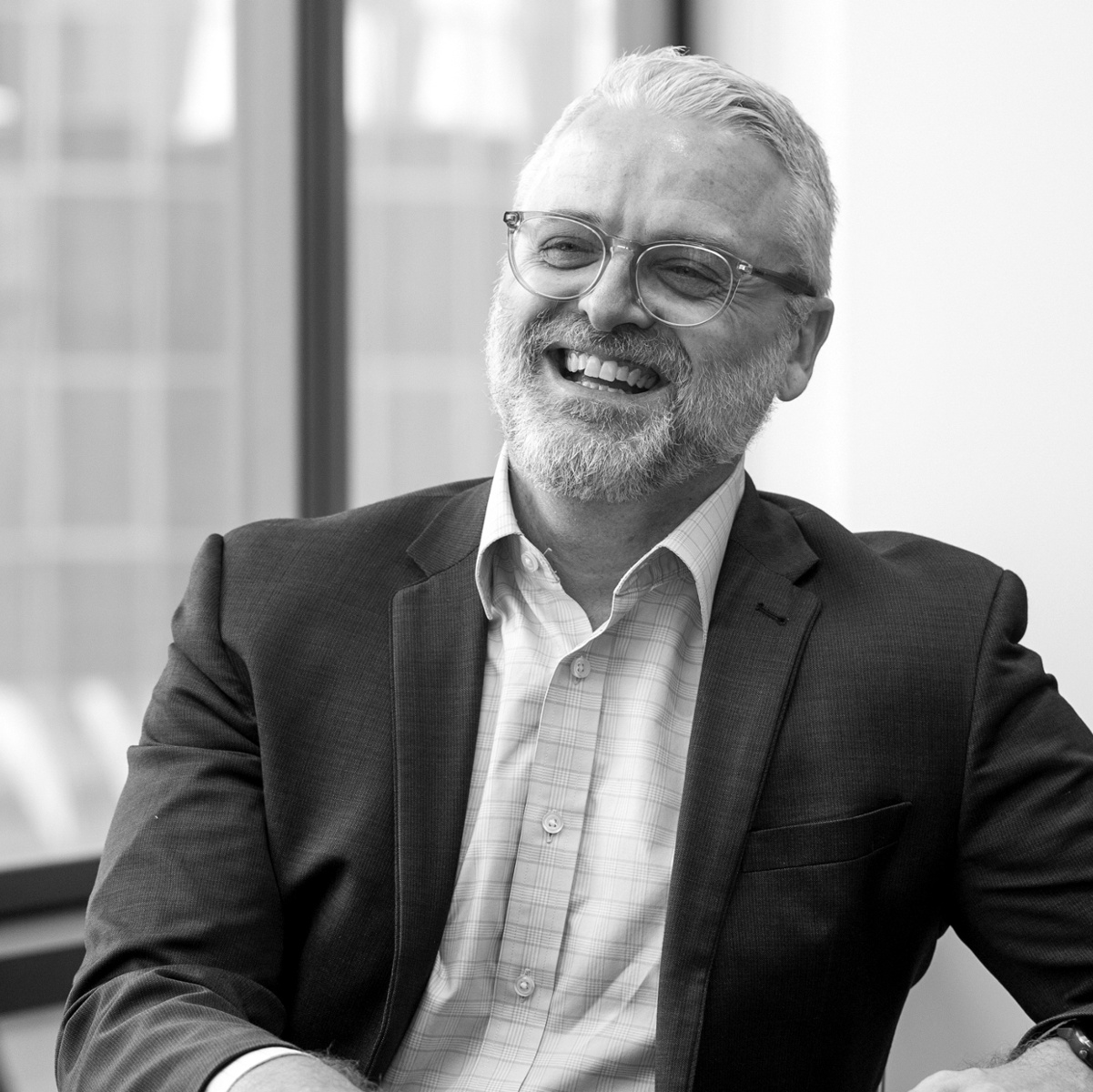
Nathan Williams
Director, Head of Social Strategy & Stakeholder Engagement | Brisbane
Related Insights
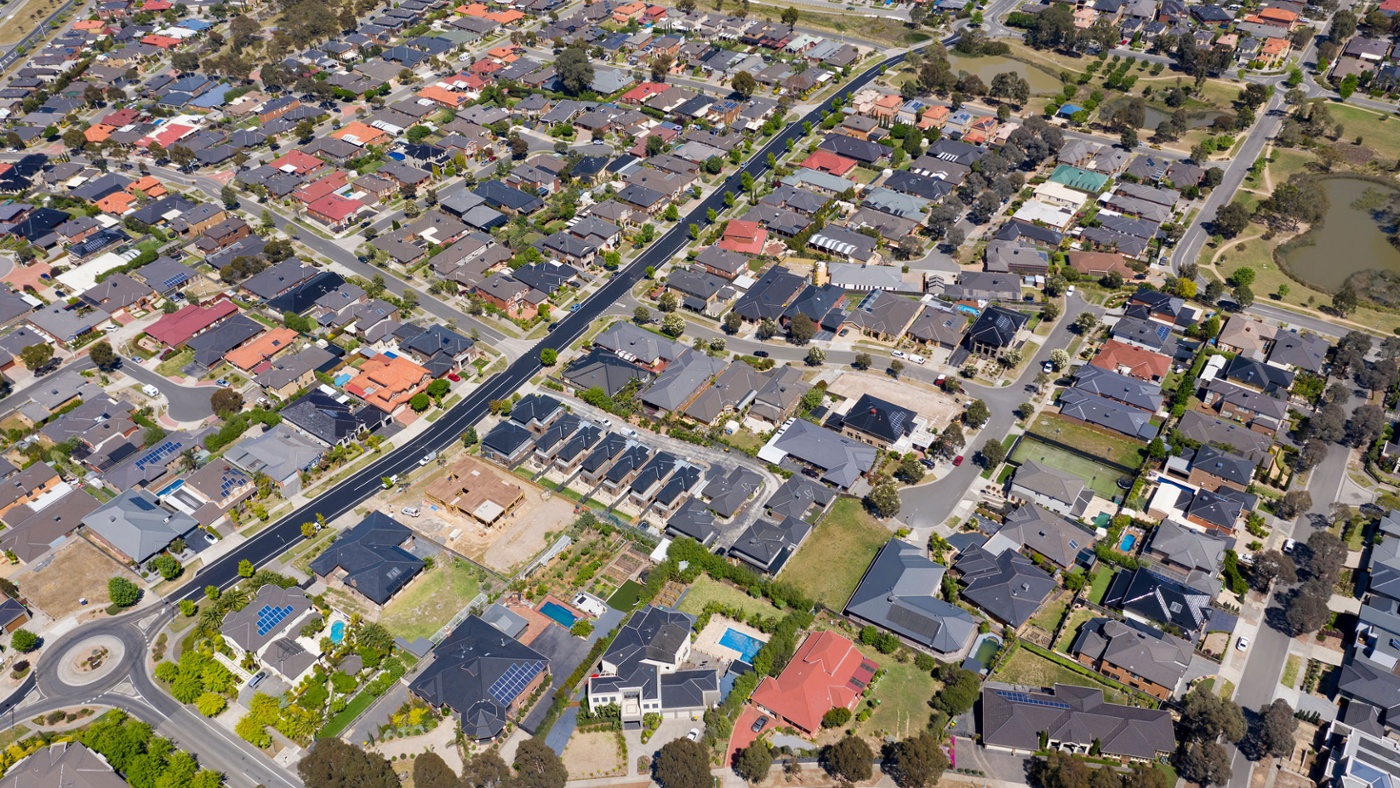
How Immigration Shapes Housing Choices in Victoria?
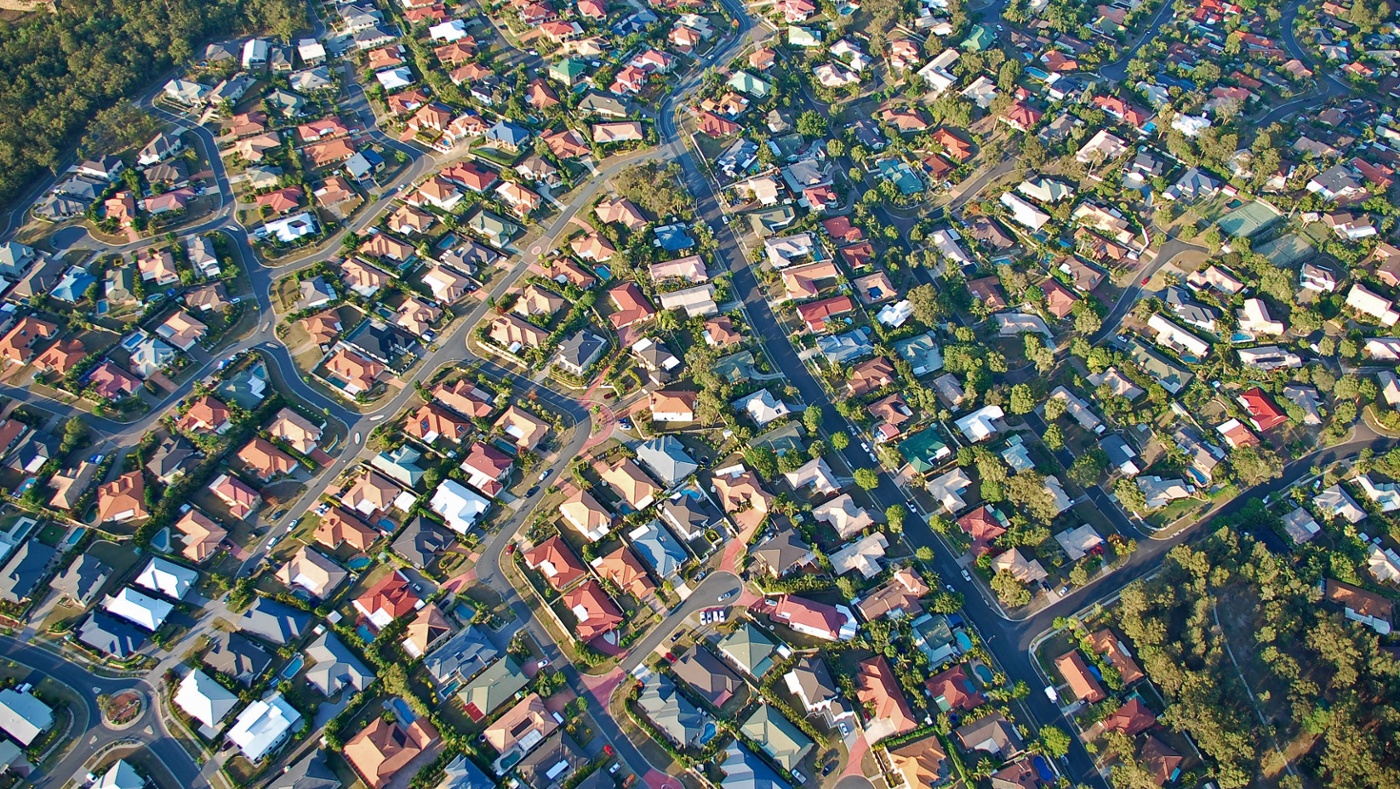
NSW Low and Mid-Rise Housing Reforms
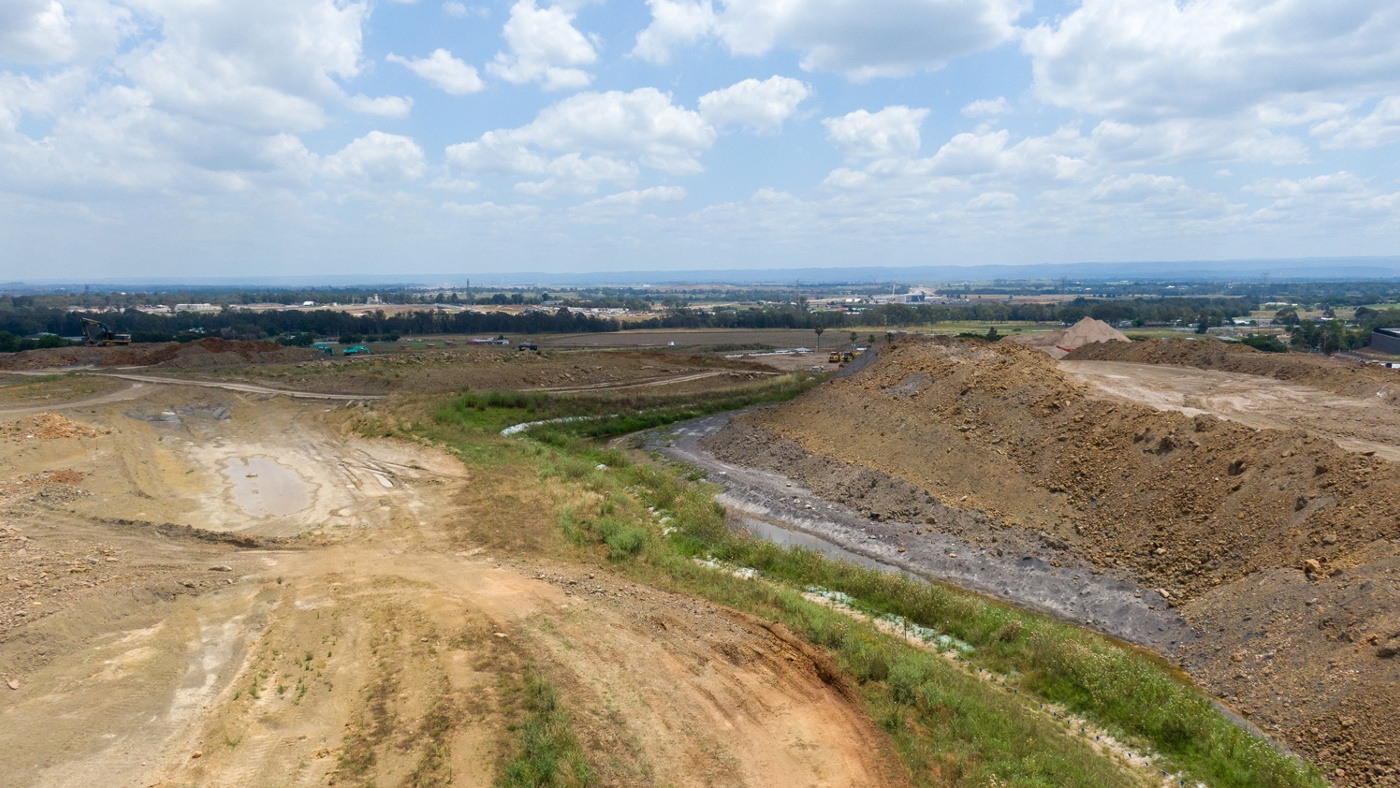
NSW Government Releases Industrial Lands Action Plan

